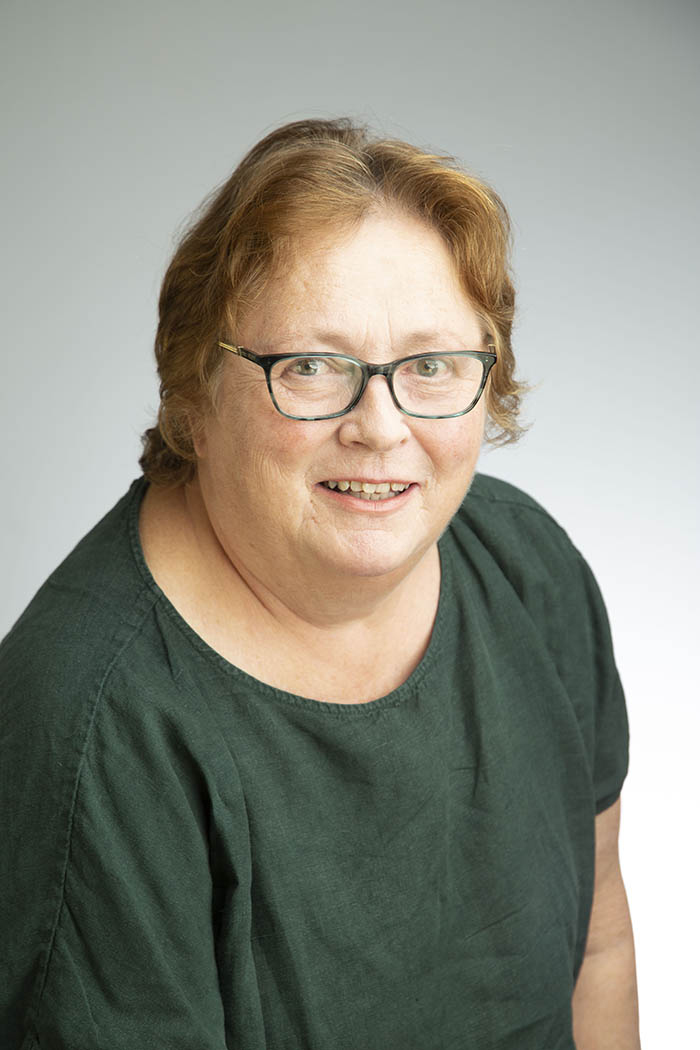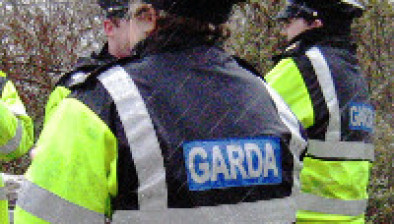Pro bono – from the fringes to the mainstream

Eilis Barry
Pro bono work has been “mainstreamed into the Irish legal culture” — but that was not the case until relatively recently, FLAC chief executive Eilis Barry points out.
When Ms Barry joined the legal charity FLAC in 2016, Éamonn Conlon SC, then a partner in A&L Goodbody LLP, had just begun trying to convince his firm to start doing pro bono work.
Within two years, ALG appointed a full-time pro bono associate, the first role of its kind anywhere in Ireland. Nowadays, many of Ireland’s biggest firms have full-time pro bono staff and even pro bono partners.
“What’s kind of unusual is that the firms tend to be very competitive — except for when it comes to pro bono,” Ms Barry tells ILN. “They’ve worked in a very collaborative way around developing a pro bono culture.”
This work is coming under the spotlight as Pro Bono Week begins in Ireland and across Europe, with a series of events taking place in Dublin and online to celebrate the critical role that lawyers play in supporting civil society and human rights organisations through pro bono work.
In 2020, the Public Interest Law Alliance (PILA), a project of FLAC, launched the Pro Bono Pledge, which invites barristers, law firms, individual solicitors and in-house legal teams to commit to providing pro bono services.
“If you sign the pledge, you’re committing to provide 20 hours of pro bono work a year,” Ms Barry explains. “Now, you might go — that’s half a week’s work, that doesn’t sound like an awful lot!
“But if every lawyer in the country did it, that would really change the level and extent of legal assistance that is there for people who otherwise wouldn’t be able to get legal assistance.”
Nearly a hundred lawyers have now signed the pledge, an impressive figure that leaves PILA in the central role of connecting NGOs with unmet legal aid with those lawyers willing to carry out pro bono work.
This ranges from one-off legal advice (“things that NGOs just wouldn’t have the fees to go and get legal advice on, but because the environment is getting more and more regulated, they do need legal advice on”) to longer-term projects, including law reform efforts and public-facing initiatives.
“This is new, this is different and this is a positive thing,” Ms Barry enthusiastically sets out. “This is a really positive development because no matter how perfect a civil legal aid system you get, there will always be pockets of unmet need.”
One law firm, for example, is working with Mercy Law Resource Centre to train lawyers in the area of housing and homelessness and send them to the Simon Community’s homeless clinics to help identify and tackle legal issues. “It’s really proactive — they go to the client rather than the client coming to them,” she says.
Speaking to me on the eve of the local and European elections, she also recalls the case of Robbie Sinnott, who was assisted on a pro bono basis to bring a successful legal challenge to how the State accommodates voters with visual disabilities in order to protect their right to a secret ballot.
The Pro Bono Week events, Ms Barry hopes, will help make more lawyers and NGOs alike aware of the breadth of pro bono work that’s going on in Ireland.
“Part of what we’re trying to do is to encourage other lawyers to hear about the work and think ‘that’s kind of exciting, I’d really like to do that, that’s very different to my day job’ or even ‘I’d like to be involved in that as part of my day job’,” she says.
“We also want to encourage NGOs to find out that pro bono is not just about one-off advice — there are other kinds. You could get a piece of law reform drafted or work with a number of lawyers to work with a particular targeted vulnerable group.”
All Pro Bono Week events are open to legal professionals, law students, non-profits and other interested parties to attend. More information can be found on the PILA website.











